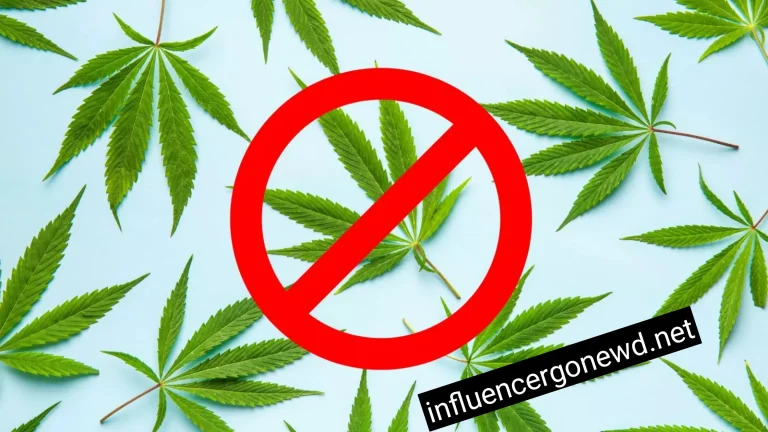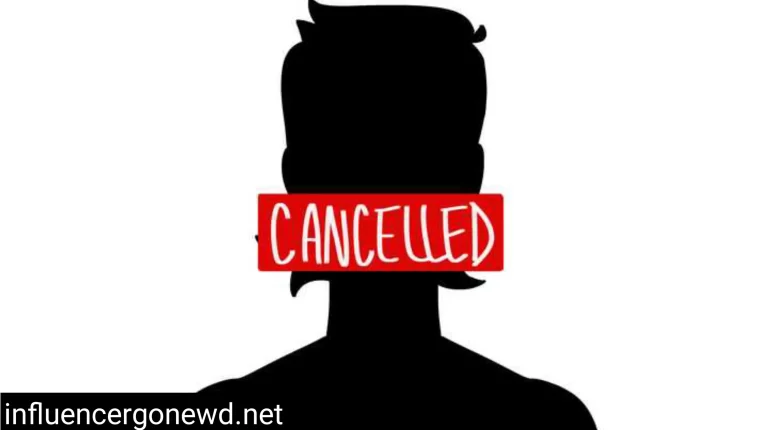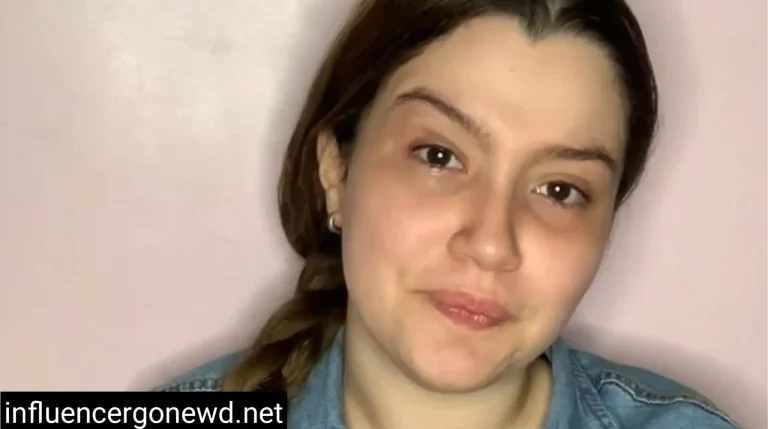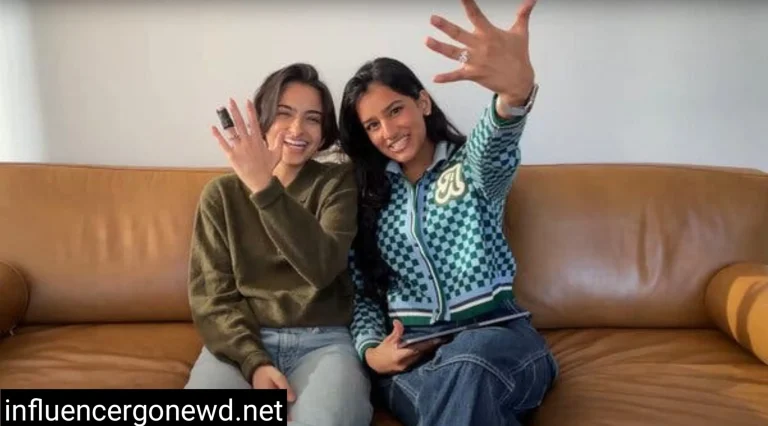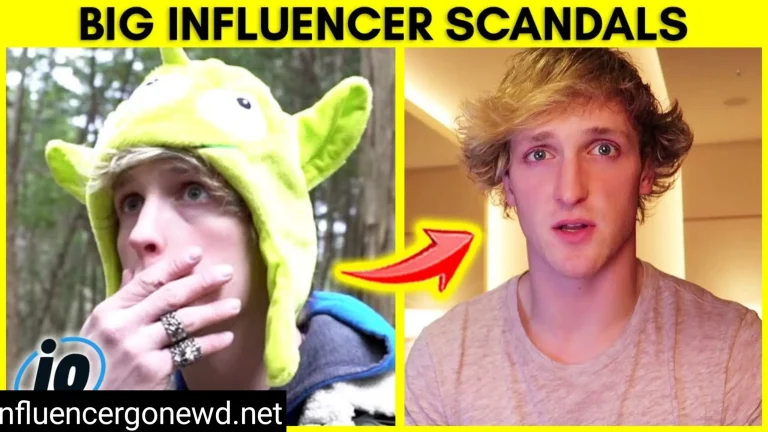Influencers Faking Illness | The Dark Side of Online Attention Seeking
Influencers faking illness for attention or sympathy has become a disturbing trend, raising serious ethical concerns and damaging the trust of their audiences. But the problem is that a worrying phenomenon has appeared: influencers pretend to be sick to attract attention, sympathy, or money. It is a common practice among influencers (and is commonly attributed to Munchausen by Internet, or MBI) to fake sickness to take advantage of the goodwill of their audiences.
Fake cancer diagnoses to inflated chronic illnesses, these lies have caused an uproar and brought up questions on legitimacy within the influencer system. An influencer gone wild shocked the internet by pulling a reckless stunt during a live stream, sparking instant backlash from fans and brands alike.
The Psychology Behind Influencers Faking Illness
Factitious disorder is also a characteristic of influencers who pretend to be sick, as victims intentionally create or exaggerate illnesses without obvious external benefits, such as monetary ones. Dr. Marc Feldman, the physician who introduced the term “Munchausen by Internet” in 2000, observes that these influencers feigning illness pursue the attention and sympathy they struggle to obtain in any other way.
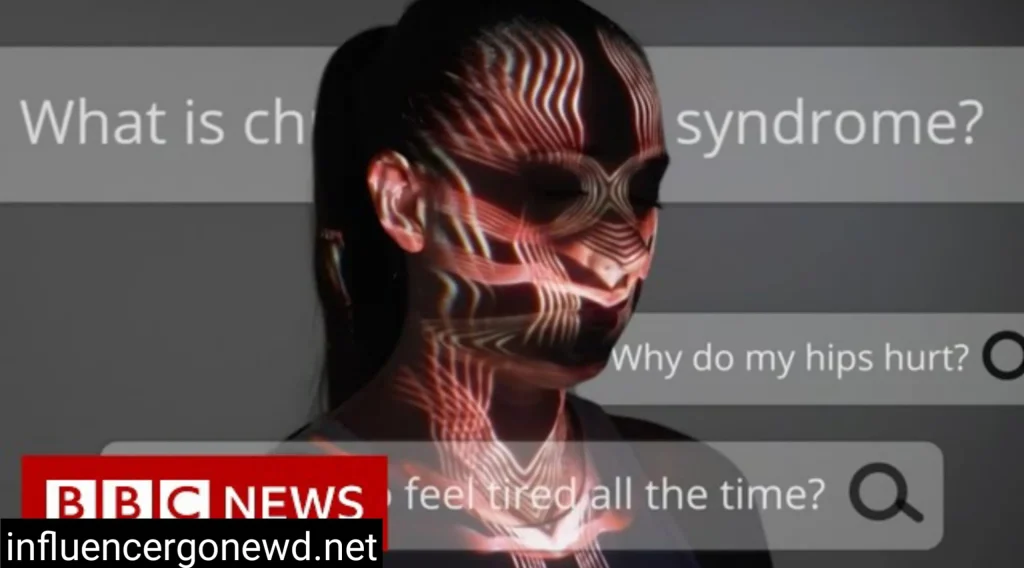
Some do not know how to interact or have traumatic backgrounds, and they use the Internet to satisfy their emotional needs. The anonymity of the internet enables influencers faking illness to present compelling stories with no physical backing, such as in the case of Belle Gibson, who lied that she had brain cancer.
Influencers Faking Illness Scandals
A number of influencers faking illness have become widely known. Belle Gibson is an Australian wellness influencer who created a brand around her alleged recovery from brain cancer using holistic treatments that began by creating a popular app, The Whole Pantry. In 2015, her deception was exposed, showing that she had never been diagnosed with cancer and prompting a fine of $410,000. Likewise, Nicole Elkabbas duped supporters by pretending to have ovarian cancer—an imposture uncovered by X—and pocketed thousands in the process.
Another fake illness influencer, Madison Marie Russo, impersonated leukemia and raised funds on GoFundMe, where she was arrested in 2023. These examples show how fake illness made by influencers takes advantage of the trust to gain popularity or money.
Social Media Platforms
Social media, including TikTok and Instagram, encourages influencers to fake illness, as their engagement is rewarded. The TikTok algorithm, to give an example, will promote posts that contain such hashtags as chronic illness, whether genuine or not, allowing influencers who pretend to be sick to reach millions of users. In a 2023 article by Vice, it was reported that some influencers who pretend to be ill, including one who pretends to have Ehlers-Danlos Syndrome (EDS), use hashtags to help them gain visibility and build up a following of thousands of viewers before being outed.
The online environment is different, however, because doctors may be unable to identify the discrepancies in the case of influencers pretending to be ill, since the medical information is readily available online to create plausible narratives.
Effect on Authentic Patients
Fake sick influencers damage real communities of chronic illnesses. On TikTok, hashtags such as Ehlers-Danlos syndrome have millions of views, but fake cases undermine the credibility of actual patients. In a BBC documentary, Sickness and Lies, the existence of accusations of fakery and the resultant negative environment, driven by influencers faking illness, was brought up regarding the people living with invisible conditions such as fibromyalgia.
The documentary was criticized by disabled campaigners who stated that it increased skepticism in an already skeptical society, with influencers faking illness making it more difficult to believe actual patients, causing them to be more disbelieved and faced with more ableism.
Both Ethical and Financial Exploitation
The profits of many influencers who fake illness are made either through crowdfunding or through brand deals. In 2024, Indian influencer Poonam Pandey died of cervical cancer in a stunt to create awareness, but the stunt turned against her with critics accusing her of using a serious illness to create attention. Others, such as a TikTok influencer who claimed to have sepsis, raised fake health emergencies to receive donations, as reported on X.
Such practices not only mislead followers but also defraud real patients, which is an ethical issue of influencers pretending to be sick to make money. The Washington Post observes that the ready accessibility of online communities furnishes an ideal breeding ground for such exploitation.
Online Community and Fakery Exposure
Online forums such as Illness Fakers act in two capacities: unmasking influencers who fake illness while occasionally singling out genuinely ill patients. The subreddit examines contradictions, like when an influencer states they are hospitalized but can still share well-produced content, like in the case of one TikTok star who came back after allegedly dying.
Yet Vice notes that these platforms can wrongly stigmatize genuine patients, particularly those with hard-to-diagnose conditions such as chronic fatigue syndrome. The criticism indicates the anger of the people towards the influencers who fake illnesses, but highlights the importance of thorough checks to prevent injuries.
Confronting this Issue
The fight against influencers who pretend to be sick needs to be done by the platforms, creators, and viewers. According to the study conducted by Sydney University in 2025, social media companies should enhance the moderation of content to identify deceptive health claims.
Health expert content creators (HECCs) promote the use of transparency and scientific evidence as a way to combat misinformation. At the same time, audiences ought to prioritize digital literacy by scrutinizing excessively dramatic health narratives. The influencer ecosystem will help to minimize the damage done by influencers pretending to be sick and restore confidence by promoting accountability.
Conclusion
Whether it is the cancer hoax of Belle Gibson or TikTok scandals, these scandals reveal the psychological, ethical, and social consequences of lying. We can counter this situation by knowing what drives influencers to pretend that they are ill, be it emotional necessity or monetary rewards.
There is a need to impose more rigorous rules on platforms, creators have to be more authentic, and viewers need to be more critical of health content. Only together will we be able to reduce the harm that influencers staging illnesses cause and create a healthier online environment.
